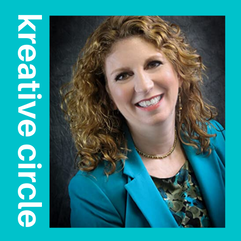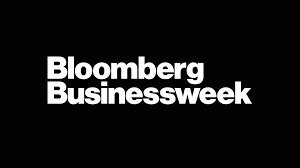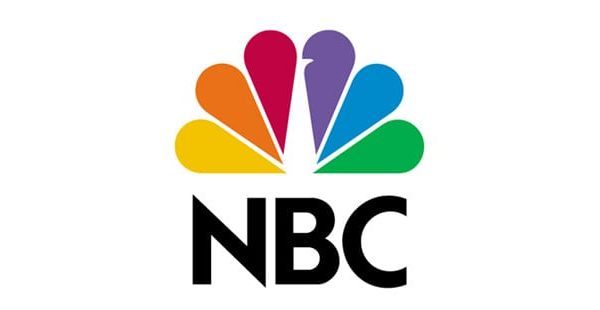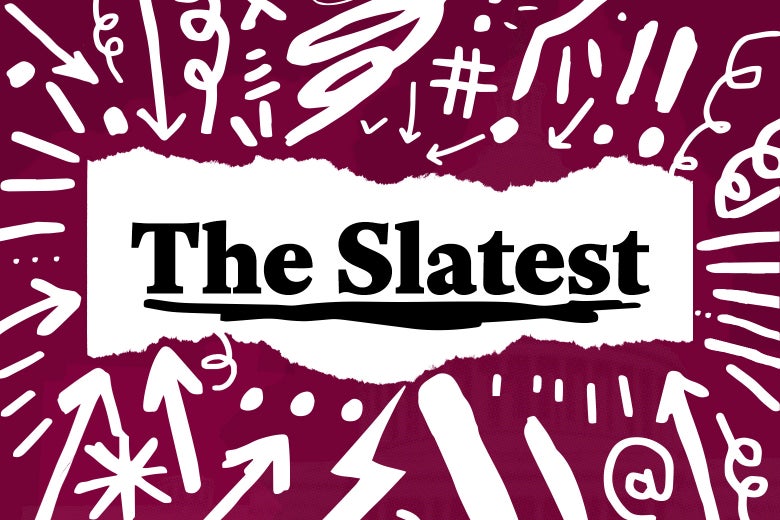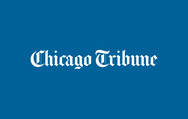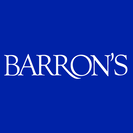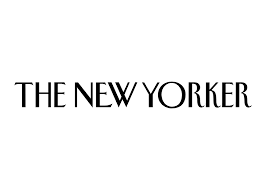Hi Lisa Ryan! We initially met when you were representing Grategy.
How have your professional endeavors evolved over the course of a few years?
I am focusing my efforts on manufacturing and the skilled trade associations for my Grategy Programs. I am doing a lot more keynote speeches than I did before when I was more general and I've also been doing more consulting and coaching recently.
As an internationally renowned speaker, what are some lessons you've learned about mastering your craft before a live audience?
It's not about me and the information I want to convey, it's all about the audience and the information they need to hear and that they can use. By asking questions and getting audience feedback, participants have a lot more usable takeaways when they hear from their peers. It's a little scary to hand the microphone to an audience member, but I've found that trusting the process always works and the person who is sharing gives the perfect answer and helps to clarify my points. I can also use my expertise to expand on their strategies and share how these techniques have worked with other clients as well.
Your talks leave a powerful imprint within the minds of employees and senior leaders among organizations. If you had to choose only two values to discuss at all events until the end of time, what are those two values and why?
Gratitude is the most important value that I bring to all of my programs. When participants learn the benefits of harnessing the power of gratitude, it impacts every area of their life. It changes their perspective to one that is more positive; it makes them feel better, mentally and physically; it improves their relationships, and it improves the workplace culture.
Having fun would be the second value. When employees enjoy what they do, they are more likely to stay at their job.
Who are the personalities that have shaped your outlook on life as well groomed your professional mindset for success?
Tony Robbins - from my first fire walk in 1989, which was powerful, to my second fire walk in 2009 which was life-changing, Tony has had a huge impact on my life. Napoleon Hill - his book, "Think and Grow Rich" is the most important piece of personal development literature I have. I read it every year, at least once.
As a speaker who also writes, what are some speaking tips that also translate well to the art of writing?
Be as conversational in your writing as you are in your speaking. When you write something, read it out loud to see how it flows and if it sounds like something you would say in a regular conversation. Stay away from "marketing speak" - use language that you use in real life, not what you find in a textbook.
A wise person once told me not to confuse a large audience for a good audience. How do you define a good audience when you're speaking with a purpose?
A good audience is one with whom you have a real connection. You like the audience, and you care about them and the results they are going to achieve from your program. Although you'd think that a "good audience" is the one that has your full fee, that's not always the case. You want to find those audiences that bring out the best in you, are fun to be around, and that you have a built-in credibility that they can relate to you and your content as well.
Your work also addresses compromised work cultures that require proper nourishment to ensure holistic and economic growth. What guidance do you have for leaders who believe that employee engagement is a supplemental investment, not a critical asset, to an organization's well being?
My work starts with the foundation of gratitude strategies - or Grategies. When a person experiences the benefits of recognizing, thanking, and appreciating the people in their personal lives, they are more likely to bring that kinder, more grateful person to the workplace. A simple "thank you" goes a long way in building commitment and loyalty to an organization. The "thanks" does have to be sincere and should be specific to get the best results.
What is the most useful constructive feedback you've received? How has this played a significant role in shaping your entrepreneurial journey?
Stop buying "hope." At the beginning of my speaking journey, I invested a lot of money in programs, processes, and coaches that I thought would be "IT." All I needed was this one more thing and I would be successful. When one of my coaches told me I was "buying hope," it resonated with me. I needed to stop buying so much stuff and start doing the work. Now, I still invest heavily in myself and my business, but I do it much more mindfully to get exactly what I need - and then I do the work.
Lisa, you definitely work hard inspiring others to embrace positive change in their lives. How do you unwind after a long productive week? Are there any hidden talents that you host that may surprise the audiences?
I unwind by spending time with my husband and our cats. We put a small inflatable pool in our backyard this year, and we've been spending quite a bit of time enjoying that. We also have a "TV on stick" that we roll out into the backyard and watch movies at night. My hidden talent is probably the artwork I created while I was in the welding industry. I have a 4' high praying mantis made out of rebar, brass, steel and copper as well as a grasshopper that was made out of an anchor in my backyard.
You are the graceful voice of spreading the message of gratitude. What are a few things that you're grateful for at this juncture of your life and career?
I am grateful for my husband of 24 years, Scott. I am grateful for our home and our family. I still have both of my parents, and I feel blessed by that every day. I really love my life and if it was over tomorrow, I can honestly say I'd have no regrets.
Please share with audiences how they can connect with you.
Be safe, stay strong, be well.
Lisa Ryan, CSP (Certified Speaking Professional)
Chief Appreciation Strategist, Grategy
www.LisaRyanSpeaks.com
How have your professional endeavors evolved over the course of a few years?
I am focusing my efforts on manufacturing and the skilled trade associations for my Grategy Programs. I am doing a lot more keynote speeches than I did before when I was more general and I've also been doing more consulting and coaching recently.
As an internationally renowned speaker, what are some lessons you've learned about mastering your craft before a live audience?
It's not about me and the information I want to convey, it's all about the audience and the information they need to hear and that they can use. By asking questions and getting audience feedback, participants have a lot more usable takeaways when they hear from their peers. It's a little scary to hand the microphone to an audience member, but I've found that trusting the process always works and the person who is sharing gives the perfect answer and helps to clarify my points. I can also use my expertise to expand on their strategies and share how these techniques have worked with other clients as well.
Your talks leave a powerful imprint within the minds of employees and senior leaders among organizations. If you had to choose only two values to discuss at all events until the end of time, what are those two values and why?
Gratitude is the most important value that I bring to all of my programs. When participants learn the benefits of harnessing the power of gratitude, it impacts every area of their life. It changes their perspective to one that is more positive; it makes them feel better, mentally and physically; it improves their relationships, and it improves the workplace culture.
Having fun would be the second value. When employees enjoy what they do, they are more likely to stay at their job.
Who are the personalities that have shaped your outlook on life as well groomed your professional mindset for success?
Tony Robbins - from my first fire walk in 1989, which was powerful, to my second fire walk in 2009 which was life-changing, Tony has had a huge impact on my life. Napoleon Hill - his book, "Think and Grow Rich" is the most important piece of personal development literature I have. I read it every year, at least once.
As a speaker who also writes, what are some speaking tips that also translate well to the art of writing?
Be as conversational in your writing as you are in your speaking. When you write something, read it out loud to see how it flows and if it sounds like something you would say in a regular conversation. Stay away from "marketing speak" - use language that you use in real life, not what you find in a textbook.
A wise person once told me not to confuse a large audience for a good audience. How do you define a good audience when you're speaking with a purpose?
A good audience is one with whom you have a real connection. You like the audience, and you care about them and the results they are going to achieve from your program. Although you'd think that a "good audience" is the one that has your full fee, that's not always the case. You want to find those audiences that bring out the best in you, are fun to be around, and that you have a built-in credibility that they can relate to you and your content as well.
Your work also addresses compromised work cultures that require proper nourishment to ensure holistic and economic growth. What guidance do you have for leaders who believe that employee engagement is a supplemental investment, not a critical asset, to an organization's well being?
My work starts with the foundation of gratitude strategies - or Grategies. When a person experiences the benefits of recognizing, thanking, and appreciating the people in their personal lives, they are more likely to bring that kinder, more grateful person to the workplace. A simple "thank you" goes a long way in building commitment and loyalty to an organization. The "thanks" does have to be sincere and should be specific to get the best results.
What is the most useful constructive feedback you've received? How has this played a significant role in shaping your entrepreneurial journey?
Stop buying "hope." At the beginning of my speaking journey, I invested a lot of money in programs, processes, and coaches that I thought would be "IT." All I needed was this one more thing and I would be successful. When one of my coaches told me I was "buying hope," it resonated with me. I needed to stop buying so much stuff and start doing the work. Now, I still invest heavily in myself and my business, but I do it much more mindfully to get exactly what I need - and then I do the work.
Lisa, you definitely work hard inspiring others to embrace positive change in their lives. How do you unwind after a long productive week? Are there any hidden talents that you host that may surprise the audiences?
I unwind by spending time with my husband and our cats. We put a small inflatable pool in our backyard this year, and we've been spending quite a bit of time enjoying that. We also have a "TV on stick" that we roll out into the backyard and watch movies at night. My hidden talent is probably the artwork I created while I was in the welding industry. I have a 4' high praying mantis made out of rebar, brass, steel and copper as well as a grasshopper that was made out of an anchor in my backyard.
You are the graceful voice of spreading the message of gratitude. What are a few things that you're grateful for at this juncture of your life and career?
I am grateful for my husband of 24 years, Scott. I am grateful for our home and our family. I still have both of my parents, and I feel blessed by that every day. I really love my life and if it was over tomorrow, I can honestly say I'd have no regrets.
Please share with audiences how they can connect with you.
Be safe, stay strong, be well.
Lisa Ryan, CSP (Certified Speaking Professional)
Chief Appreciation Strategist, Grategy
www.LisaRyanSpeaks.com
